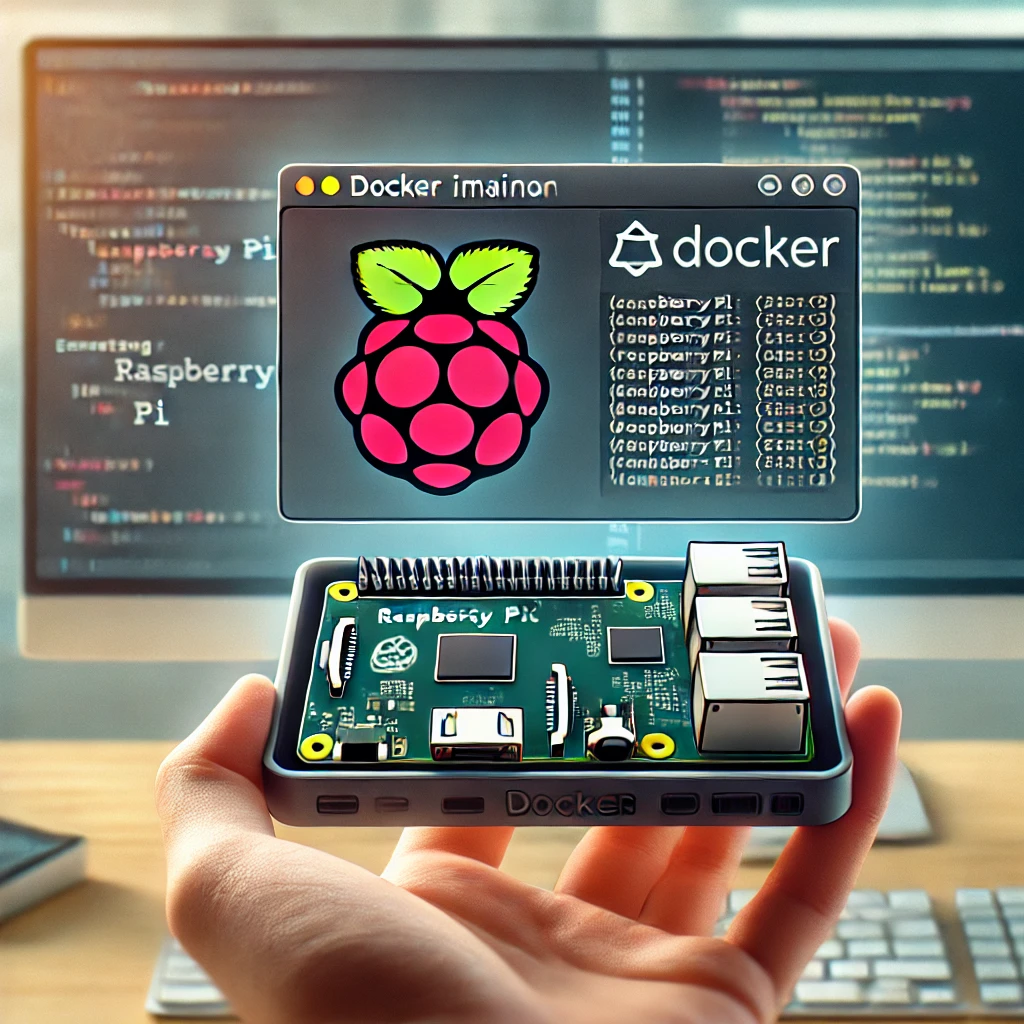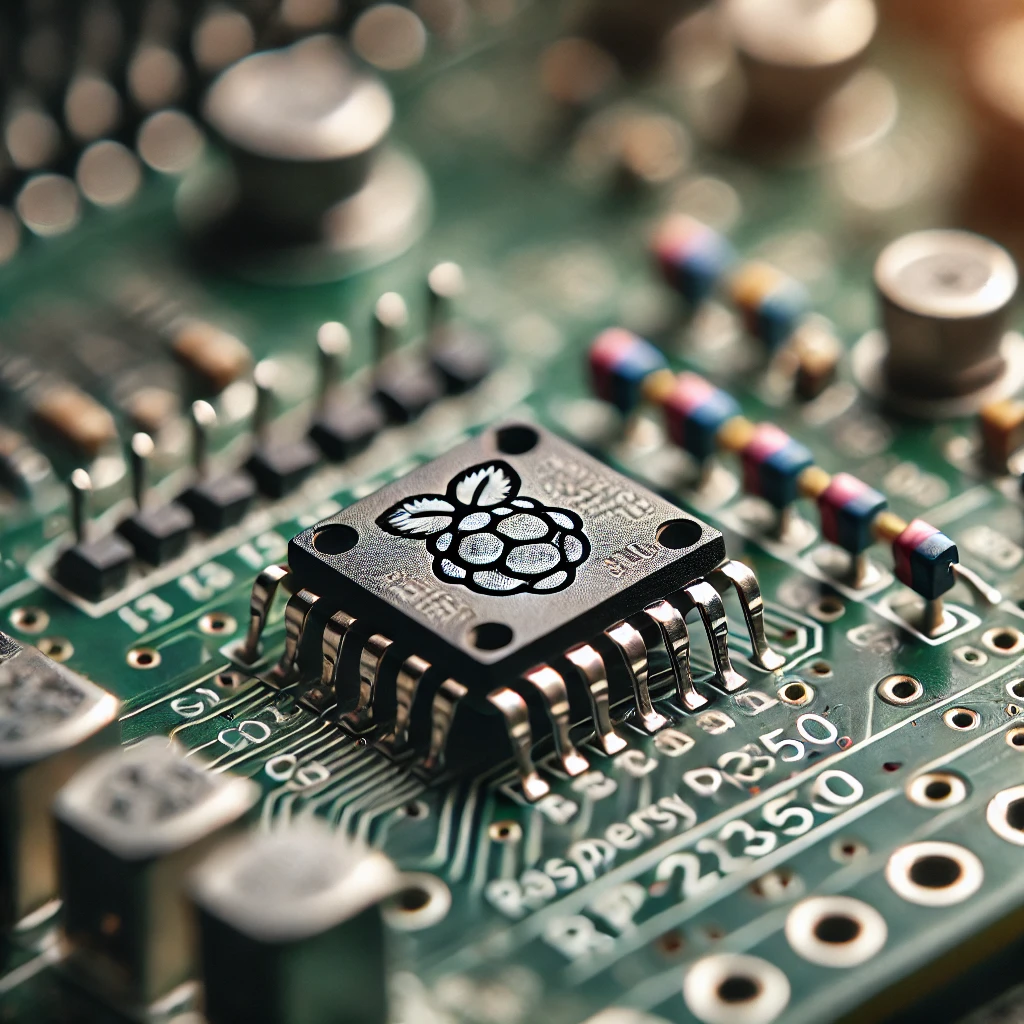If you’re looking for a simple and efficient way to emulate a Raspberry Pi environment without the need for physical hardware, a Raspberry Pi emulator in a Docker image might be the perfect solution. Docker, a platform known for its ease of use and portability, allows you to set up a Raspberry Pi emulator with just a few commands, making it accessible for both beginners and experienced developers alike.
Why Use a Raspberry Pi Emulator?
A Raspberry Pi emulator is a powerful tool for testing and development. Whether you’re working on software for IoT devices, experimenting with different Linux distributions, or just want to learn about the Raspberry Pi’s capabilities without purchasing the hardware, an emulator provides a convenient and cost-effective alternative.
Benefits of Using Docker for Emulation
Docker simplifies the process of emulating a Raspberry Pi by packaging everything you need into a single image. This image contains the operating system, software, and configurations required to run a virtual Raspberry Pi on your computer. With Docker, there’s no need to worry about dependencies, compatibility issues, or complex setup procedures.
Getting Started with the Raspberry Pi Docker Emulator
- Install Docker: If you haven’t already, download and install Docker on your system. Docker is available for Windows, macOS, and Linux.
- Pull the Raspberry Pi Docker Image: Open your terminal or command prompt and run the following command to pull the Docker image:
bash
docker pull your-docker-username/raspberry-pi-emulator
- Run the Emulator: Once the image is downloaded, you can start the emulator with a simple command:
bash
docker run -it --rm your-docker-username/raspberry-pi-emulator
- Access the Emulator: After running the command, you’ll have access to a fully functional Raspberry Pi environment, ready for development and testing.
Use Cases for a Raspberry Pi Emulator
- Development and Testing: Easily develop and test applications in a controlled environment without the risk of damaging physical hardware.
- Learning and Education: Explore Raspberry Pi projects and tutorials in a safe, virtual space.
- Cross-Platform Compatibility: Ensure your software works on various platforms by testing it in an emulated Raspberry Pi environment.
Conclusion
A Raspberry Pi emulator in a Docker image offers an easy-to-use, flexible, and powerful solution for developers, hobbyists, and educators. With just a few commands, you can start exploring the vast possibilities of Raspberry Pi, all from the comfort of your desktop or laptop.





